The tight competition among brokers can make it difficult to pick the best one. Among the many parameters, brokers tend to maximize their efforts in these 5 aspects.

As the forex industry grew, numerous brokerage firms started to emerge. Today, the forex market is flooded with hundreds of brokers, all of them aiming to dominate the market and become the best choice for all traders worldwide. As a result, the competition among brokers is now tighter than ever. They must constantly innovate and find new, unique ways to attract new clients while also retaining existing ones. This is the grand challenge that every broker simply must face on their way to climb to the top.
Five key aspects that brokers typically use to attract customers are:
- Trading conditions: Low spreads, low commissions, attractive leverage, swap-free, etc.
- Trading instruments: Diverse currency pairs, CFDs on metals, stocks, indexes, and so on.
- Execution models: Market execution that guarantees fast-processing orders to minimizes, slippages, and requotes.
- Trading platforms: User-friendly and reliable platforms to execute the trades; MetaTrader is the basic standard.
- Negative balance protection: Available to protect traders' balance from diving below negative during unexpected market volatility.
As a trader, you can use the list above to consider when rating a broker. Below is the full explanation.
1. Trading Conditions
Trading conditions are a great way to start because they are basically the foundation of the broker service itself. This includes the amount of trading spreads and commissions, leverages, and more. Trading conditions can directly impact the trader's overall trading cost, making it a critical aspect of any broker's selling value. Great pricing must be one of the top priorities to offer to potential clients, especially with the cut-throat competition between brokers these days.
Moreover, since standard regulations are starting to take effect, regulated brokers can no longer offer fantastic bonuses or exaggerated promises of high returns. Instead, they can offer low fees to reduce the trader's cost, combined with a transparent trading ecosystem and no hidden fees.
That being said, if you're looking for a good broker, make sure that it offers favorable trading conditions. This includes offering low fees, low commissions, low minimum deposits, and higher leverage. More specifically, find a broker that fits your criteria and fulfills your trading needs. For instance, choose a zero-spread broker if your trading strategy is spread-sensitive or if you want to press the cost as much as possible. It would be helpful if you make a comparison table between several brokers before deciding where to register.
2. Supported Tradable Instruments
Not all forex brokers can offer a wide range of trading instruments apart from currency pairs. Therefore, this can be a great opportunity for brokers to stand out in the market and attract traders who are looking to expand their investment portfolio. Some top brokers can offer hundreds, even thousands of tradable instruments, including stocks, index CFDs, commodities, precious metals, etc. A few of them even go beyond traditional instruments and offer cryptocurrencies which are undoubtedly in demand these days.
A good forex broker must offer at least major forex pairings, such as EUR/USD, GBP/USD, etc. These are the most common pairs to trade and great choices for all types of traders, so this is one of the standard qualities to be considered in a broker. If you're interested in other assets aside from forex, go for multi-asset brokers. Stocks and metals are pretty common among brokers these days, but the more assets they offer, the better.
It is worth noting that while a big number of tradable instruments can be a nice feature to offer, keep in mind that this aspect does not guarantee the broker's success. The reason is that not all clients are particularly searching for brokers with loads of varieties. Some of them might even find it a bit overwhelming. This is why there are brokers that remain popular among traders despite their limited choices of assets or currency pairs.
See Also:
3. Execution Models
Another important aspect of the competition is the broker's execution model. Essentially, there are four types of brokers based on their execution model, namely Market Makers, Electronic Communication Network (ECN), Direct Market Access (DMA), and Straight Through Processing (STP). Market Makers are called Dealing Desk brokers, while ECN, DMA, and STP are called No Dealing Desk (NDD) brokers. Using a Dealing Desk or NDD broker can affect the trader's trading cost.
You might have heard about the negative connotations associated with the market maker model. As a result, many traders seem to prefer using NDD brokers, which usually claim a safer environment by not trading against their clients. This is the kind of advertisement that many brokers use to gain clients' trust.
In reality, the whole idea is not fully true because not all market makers are unprofitable and not all NDD brokers are reliable. Any broker can have ill intentions towards their clients, regardless of their execution model. So, as a trader, it is up to you to decide which model fits you the most. Just make sure that the broker is legit and regulated.
However, while there is no such thing as a "bad" execution model, not all models are suitable for everyone. For beginners, STP brokers are highly recommended. These brokers act as a middleman, typically offers variable spreads, and don't charge commissions. Other benefits of trading with an STP broker are faster filling orders, the freedom to avoid price quotes, less risk compared to other types of brokers, and the availability of live market trends.
See Also:
4. Trading Platforms
Since forex brokers mainly offer online trading, it is crucial for them to have the latest technology. First and foremost, the trading platforms must be accessible and affordable for all traders. It is also a great idea to provide additional technical indicators and trading tools to help clients take their trades to the next level.
MetaTrader 4 and MetaTrader 5 are the most popular trading platforms at the moment. The MetaTrader series is so popular due to its ease of use and various functionalities, making it a perfect solution for beginners and experts alike. MetaTrader 4 is good for forex traders in general, regardless of your expertise and trading style. Meanwhile, MetaTrader 5 is more suitable for multi-asset traders and professional investors because it offers a good number of advanced tools, assets, charts, and so on.
Since most traders use MetaTrader, many brokers are content with offering these two options. However, we should also note that these days, there are loads of other available trading platforms in the market. Some of them are entirely unique and offer innovative features that are often found absent on the more popular platforms. Therefore, providing a wider list of platforms can attract more clients, especially those who are looking for specific, advanced trading tools and analysis.
In addition, some brokers even offer their own in-house trading platform. The main benefit of choosing this option is that since there are no third parties involved, it's easier for clients to complain if a problem occurs and the broker can respond to it pretty quickly. These platforms are usually easier to access as well. Just make sure that the broker is reliable and constantly updates the platform.
5. Negative Balance Protection
Last but not least, a good broker must be able to ensure the safety of the client's funds. Aside from obtaining licenses from trusted authorities, it's also important to have preventive measures that could save traders from doom. One of the easiest examples is negative balance protection, which ensures that traders are never in debt with their broker. In other words, the trader's balance will never be negative. This is why it's an important aspect that every good broker must have.
Some traders may not find this feature that significant, but it's something that many people would be grateful for. The truth is that there have been many cases where traders ended up owing money to their brokers. To prevent a repetition of similar events, the availability of negative balance protection can be very helpful.
Conclusion
As the competition of forex brokers is getting more competitive, it's now more crucial than ever for brokers to improve their offers and really add value for their existing and potential customers. They need to pursue an effective business model that prioritizes clients' needs and preferences. As such, it is a great idea to offer additional services beyond trading like educational materials, market alerts, and analytical tools.
Not only that, but they can also offer premium services for professional traders at a reasonable price. Some of the common options are exclusive access to trading signals, discounted prices for premium news feeds, and reliable VPS.
At the same time, the tough competition can be both a blessing and a curse for retail traders. The blessing is that there are more options to choose from and more appealing offers. This means, there is a higher chance to find a broker that really suits you as a trader. But on the other hand, too many choices can confuse you even more, especially if you don't know what exactly to look for.
This is why the key is to give yourself some time to do your research before choosing. Make a comparison between several brokers to see which one suit you best based on your needs. If necessary, you can take advice from more experienced traders or look up online broker testimonials for more insights.

 Dedicated FREE FOREX VPS
Dedicated FREE FOREX VPS Free FOREX Virtual Private Server
Free FOREX Virtual Private Server MT4 Demo Contest, Get $500
MT4 Demo Contest, Get $500 Sign Up for an Account, Claim 60% Deposit Bonus
Sign Up for an Account, Claim 60% Deposit Bonus Free MT4/MT5 VPS 2024
Free MT4/MT5 VPS 2024 Send E-mail and Get Free Merchandise
Send E-mail and Get Free Merchandise $1K Refer a Friend Bonus for Pepperstone Pro clients
$1K Refer a Friend Bonus for Pepperstone Pro clients Maximize Your Earnings with 100% Deposit bonus
Maximize Your Earnings with 100% Deposit bonus Trade to Win, $5,000 Monthly Demo Contest
Trade to Win, $5,000 Monthly Demo Contest Claim 30% + 15% Deposit Bonus from LiteFinance
Claim 30% + 15% Deposit Bonus from LiteFinance
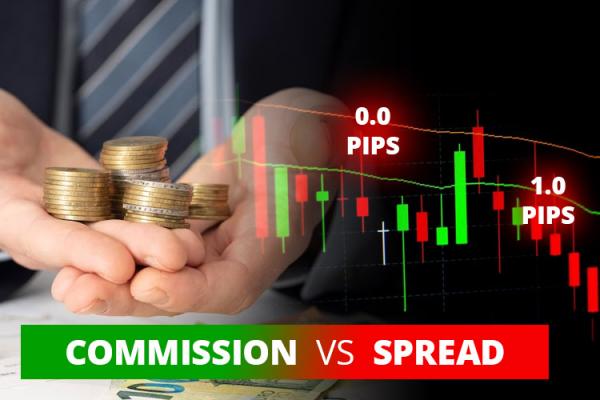
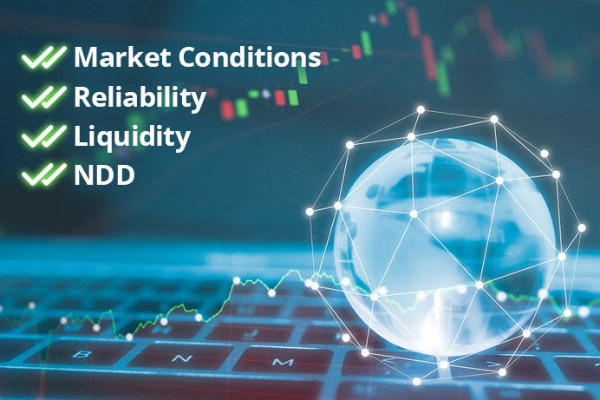


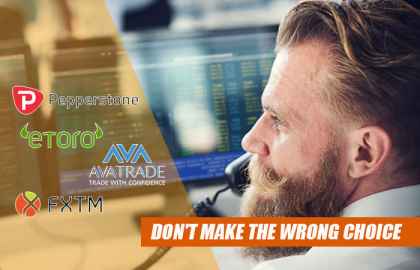
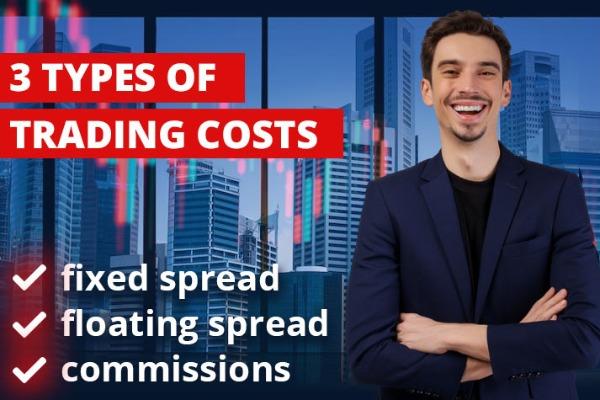
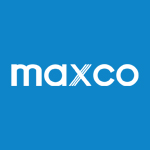





6 Comments
Bukayo
Jan 31 2023
sorry to say, but i think all the terms you mentioned above are meant to define good brokers from a general point of view, right? I mean some of the conditions you mentioned like trading conditions, tradable instruments and negative balance protection for me are the main conditions a broker must have. And I think all trader agreed that trading condition must cheap (low spread and low commission), tradable instruments must have many to choose and negative balance account to protect our balance.
But for the other two which is the trading platform and execution model explained in the above article, I think some traders may prefer ECN and some traders may prefer DMA and also some traders want to trade at metatrader but some traders want to trade on cMarket.
SO in general broker ratings can vary from trader to trader. And I think there is no perfect rating for brokers at all
Michael
Jan 31 2023
Bukayo: I agree, there is no perfect rating for brokers as all the criteria the author explains above have different views among traders. For example, a trader who trades with ECN brokers will say that STP brokers have higher spreads and lower market execution, while an STP Trader will say commissions and money deposit at ECN Broker is very expensive.
And another thing that can be controversial among traders is the trading platform. Most beginners will say that metatrader and cTrader are harder to learn than the broker's own trading platform and meanwhile, experienced traders will say that the broker's trading platform is invaluable. use. And to avoid that, I think really good brokers need to supplement the entire trading platform as much as possible.
Toky
Jan 31 2023
Thank you, author, for the article; with your article, I can know the good broker's criteria but for some reasons, I can't determine which broker may be good for me? Can you have any advice for me? since I really don't have any ideas to determine what criteria of brokers may be good for me as beginner.
Agustian
Jan 31 2023
Toky: I think there are several indication that you can use as criteria with the article wrote above :
Trading condition :
Instrument tradeable
Execution Model
Trading Platform
Negative balance account is a must.
Phil
Jan 31 2023
Man, I've never been in debt to a broker, not once. I have some margin calls but my funds always stop at $1 or more. I don't even know that there are cases where we as traders can be indebted to brokers. I mean what factors can make a trader indebted, I ask this because in the article the author said that some traders may find this negative balance protection feature is not helpful at all.
I mean, is there any possibility for us to get a negative balance even if brokers have this feature? If so, how can we avoid these? Thank God, I've never had this happen before.
Johan
Jan 31 2023
Phil: Is there a possibility of getting a negative balance even though brokers have negative balance protection? I think so, there could be cases in this scenario:
If your margin is close to the margin call level, the market is suddenly very volatile, and the price will move higher. And unfortunately, the price strike with your very fast stop loss and your broker's stop out is no longer functional. This will leave you with a negative balance. I think it will be due to high slip. But that's my opinion because most traders will be like you, short on margin but not negative after all.
My suggestion is to try a demo account first it will be the best choice since you don't need to lose actual money to learn Forex.